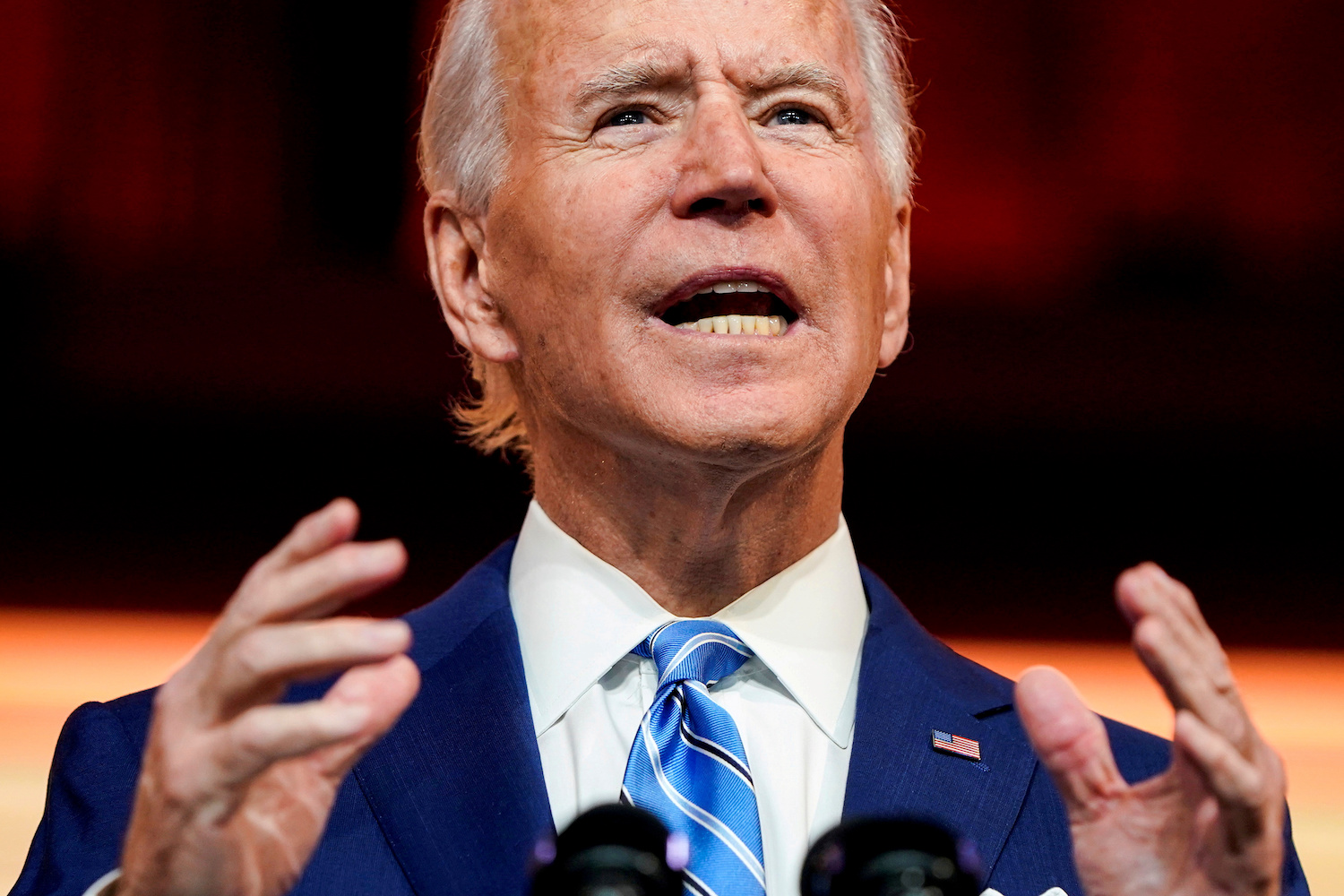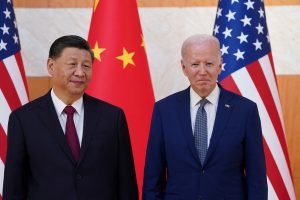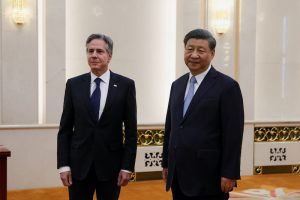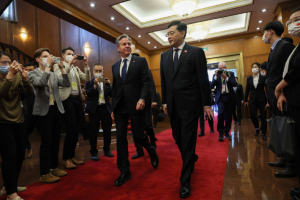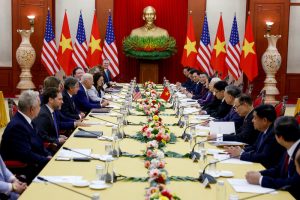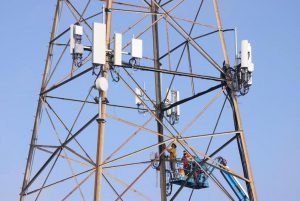(ATF) US president-elect Joe Biden wrote in an online commentary this year that China, if left on its own, “will keep robbing the US of our technology and intellectual property”. He said in a mid-2019 speech that Beijing would keep “forcing American companies” to give their technology away as a condition of doing business in China.
His sentiments on Chinese high-tech echo a lot of those expressed by the man who he unseated last month, US President Donald Trump. But after taking office next month, Biden is likely to differ from Trump by hiring advisers with technology backgrounds and having them carry out his policy of engaging Asian allies on concerns about the internet and military hardware while treating rising tech powerhouse China with more stiff suspicion.
The emerging Biden cabinet has clear ties to tech. Vice-president-elect Kamala Harris has done networking and fundraising among tech heavyweights such as Facebook chief operating officer Sheryl Sandberg, Apple’s former chief design officer Jony Ive and Salesforce founder Marc Benioff, tech news website Crunchbase.com says, adding that White House chief of staff nominee Ron Klain is executive vice-president of a tech-intensive venture and growth investor co-launched by AOL founder Steve Case.
Special presidential envoy John Kerry, secretary of state nominee Antony Blinken and treasury secretary-to-be Janet Yellen all have tech portfolios, many linked to funding for US startup companies.
Collective action
While it’s less clear whether the cabinet will turn its tech knowledge into foreign policy, Biden has hinted at sharing with allies rather than pulling back as he accused Trump of doing. The president-elect advocates working with US allies and partners on “collective action in response to contemporary global threats”, according to Tan See Seng, a professor of international relations at the S Rajaratnam School of International Studies at Nanyang Technological University in Singapore, who wrote a commentary on this in September.
The expression “Asian partners” normally means Japan, South Korea, Taiwan, the Philippines and, increasingly, Vietnam, despite its wartime past with the United States.
In the July 2019 speech posted to his campaign website, Biden noted common interests with foreign governments. The “most effective way” to handle Beijing is to “build a united front of friends and partners to challenge China’s abusive behaviour”, he said.
“Asia should expect more stability for the overall tech area as Biden looks to re-engage and establish relations that bring about more collaboration and normalcy,” Mario Morales, tech research programme vice-president with market research firm IDC in California, said.
Common concern
Consumer privacy might be one common tech-related concern, Morales said. “There seems to be newer (people) on the team, which could drive more open ecosystems that encourage empowering consumers and working across borders on technologies that drive innovation and overall revenue growth,” he said.
Trump has stood out from previous American leaders by placing tariffs on more than $550 billion worth of imports from China, including parts for consumer electronics, as part of a nearly three-year-old trade dispute. His government squelched Chinese investment in the US and barred flagship Chinese telecom giant Huawei Technology from getting supplies or patented ideas from American firms.
Since 2017, Trump has called Chinese technology a national security threat and a way to spread Chinese influence overseas.
But Biden’s campaign comments suggest that his cabinet will keep China and the US technologically separate. He has made no suggestions about lifting bans on Huawei or allowing downloads from Chinese short-video platform TikTok and messaging app WeChat.
Longer and stronger
China, the president-elect said last year, is “playing the long-game – extending its global reach and investing in the technologies of the future.” Chinese media said last year the country was growing stronger in tech after quick improvements since 2011, and analysts say the country aims to rely as little as possible on foreign patents or parts.
“The geopolitical environment has changed to the point now where almost no US politician can afford to look soft on China,” said Mark Natkin, managing director with the market research firm Marbridge Consulting in Beijing. “Biden’s administration is likely to maintain many of the tough China-related national security and trade policies that Trump introduced.”
One would-be Biden adviser is hinting at more tech allocated to military development, another area where China is expanding with the likes of drones and undersea observation platforms.
Michèle Flournoy, a contender to be Biden’s secretary of defence, wrote this past June for the news website Foreign Affairs that the US must invest a lot in “new capabilities that will ultimately determine military success.” She specified tech-intensive advances such as “resilient battlefield networks, artificial intelligence to support faster decision-making [and] fleets of unmanned systems.”




